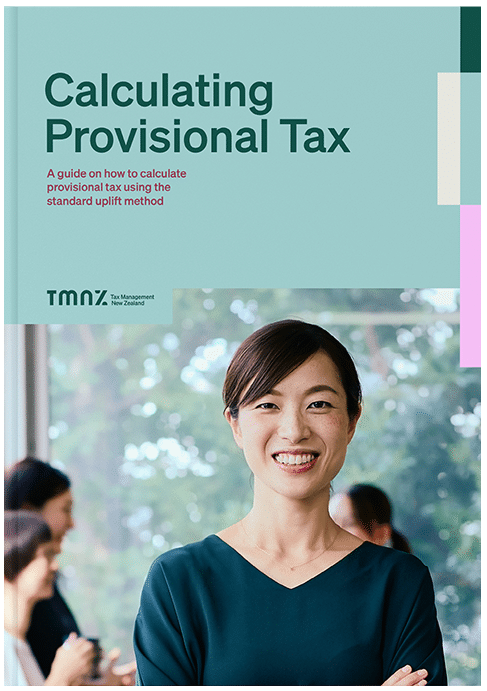News
4 June 2025
TMNZ: The ultimate cashflow flexibility tool for your business
Did you know TMNZ’s tax pool can help you manage your tax by matching your cashflow forecasts with your provisional tax payments? And you can use tax…
0 Comments5 Minutes
10 March 2025
Utilising future tax to create working capital in the real estate industry
When seasonal trends create business income fluctuations, TMNZ offers smart tax solutions.
0 Comments2 Minutes
10 March 2025
Managing uncertainty in tax and costs in the construction industry
When clients pay late and income is uncertain, TMNZ offers a tax payment solution.
0 Comments2 Minutes
10 March 2025
Reducing the cost of funds for a dairy farm
When business investment is a growth priority, but tax is due, TMNZ is here to help.
0 Comments2 Minutes
11 December 2024
Three ways TMNZ’s tax finance solution has supported NZ business success
Specifically for larger businesses with complex tax obligations, there are many strategic financial benefits to tax pooling. Here we’ve summarised…
0 Comments6 Minutes
26 November 2024
How to manage cashflow over Christmas
More than half the respondents to a poll conducted by the Employers and Manufacturers Association experience cashflow constraints between January and…
0 Comments3 Minutes
24 October 2024
Are you in a tight spot with your company tax?
“If you are ever in a tight spot paying your company tax like we were, there is an incredible solution that TMNZ offer… It is so flexible and user…
0 Comments3 Minutes
24 October 2024
Top ten financial benefits of tax pooling for larger businesses
Specifically for larger businesses with complex tax obligations, there are many strategic financial benefits to tax pooling. Here we’ve summarised…
0 Comments4 Minutes
5 September 2024
Reducing risk: 28 October provisional tax
Facing uncertainty over profitability or cashflow difficulties? Here are some tips to manage 28 October provisional tax in an uncertain environment.
0 Comments10 Minutes
20 August 2024
Tax Finance: An alternative funding source
Did you know that your provisional tax payments are also a source of finance? An IR-approved tax pooling provider such as TMNZ offers a payment…
0 Comments8 Minutes
4 July 2024
Five top tips for paying 28 August provisional tax
Are you due to pay 28 August provisional tax? For many businesses, this will be their first instalment of provisional tax for the 2023 tax year. It’s…
0 Comments3 Minutes
21 May 2024
How TMNZ tech takes the pain out of tax
Recently, we’ve rolled out tools to help our customers and their accountants easily manage income tax. Discover our top tech solutions to help you…
0 Comments9 Minutes
Learn more
about tax pooling

How to calculate provisional tax using the Standard Uplift Method and use tax pooling to avoid IR UOMI and late payment penalties
Current version available for download: October 2022
Previously published version(s): August 2019, February 2020

Looking for greater flexibility and certainty with your clients’ cashflow? Learn how tax pooling can help.
Current version available for download: October 2022
Previously published version(s): August 2019, February 2020











